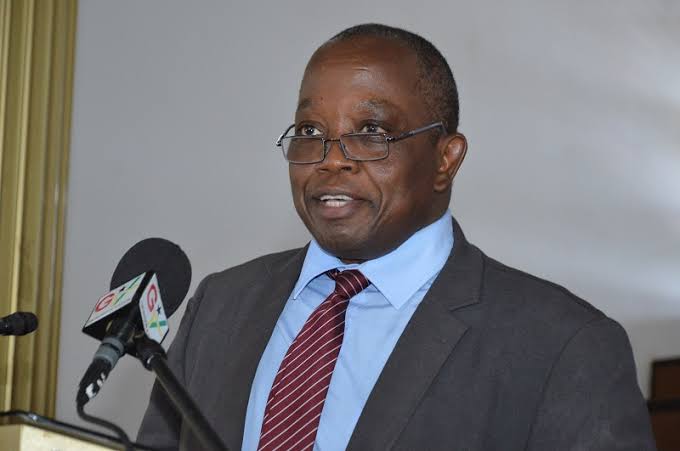Former Auditor-General, Daniel Yao Domelevo, has raised serious concerns about political interference in Ghana’s judicial system, alleging that some corrupt public officials deliberately manipulate court proceedings to escape accountability.
Speaking in an interview on TV3 on Saturday, October 25, 2025, Domelevo claimed that certain politically exposed persons—armed with significant financial and political influence—“procure judges” and hire powerful lawyers to perpetually delay their trials.
“They can even procure judges. A judge may say, ‘What I can do is to keep adjourning until your party comes to power; then the case will be thrown out,’” he said.
Domelevo described this trend as one of the greatest threats to Ghana’s anti-corruption fight, arguing that justice is routinely sacrificed to protect individuals with political backing.
According to him, this systematic delay not only denies justice but also ensures that stolen public funds remain in private pockets.
“The goal is not to win the case on merit. The goal is to stretch the case across electoral cycles until a change of government allows it to collapse. The money is still in someone’s pocket and not in use. Justice delayed is justice denied,” he emphasised.
The former Auditor-General further critiqued Ghana’s financial recovery mechanisms—particularly the controversial Office of Revenue and Asset Losses (ORAL) initiative—suggesting that much of the data collected lacks credibility.
“There’s a lot of ‘garbage’ in the data we received,” he remarked, warning that unreliable information undermines the fight against corruption.
Domelevo urged Parliament to prioritise sweeping judicial reforms as a matter of urgent national interest, insisting that without structural overhauls, accountability institutions will remain weak and ineffective.
“The judiciary’s vulnerability to political and financial influence has made it nearly impossible to retrieve embezzled public funds or secure convictions,” he said.
The remarks add to a growing chorus of public concerns about delays in high-profile corruption cases, with many calling for judicial independence and reforms to restore public trust.

